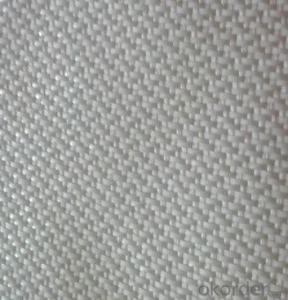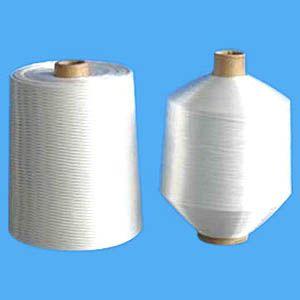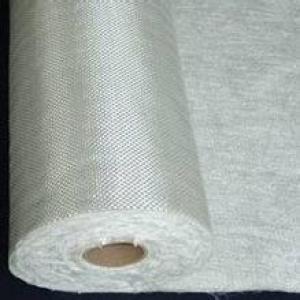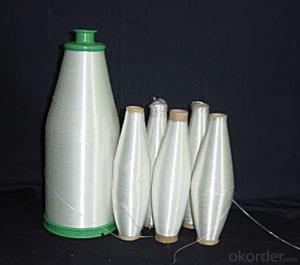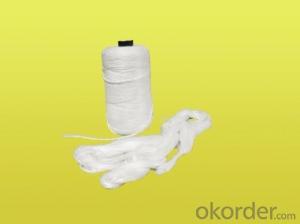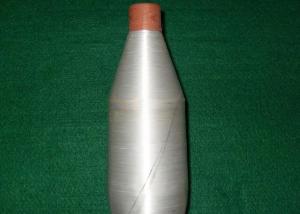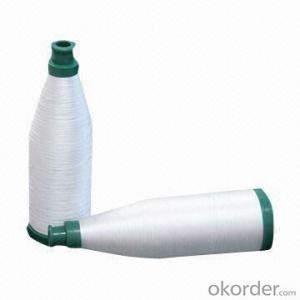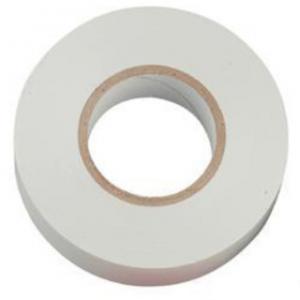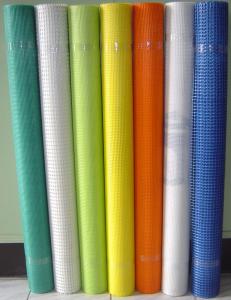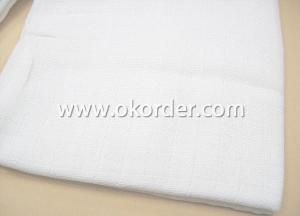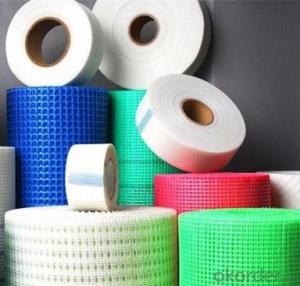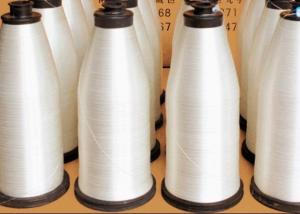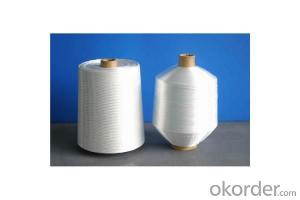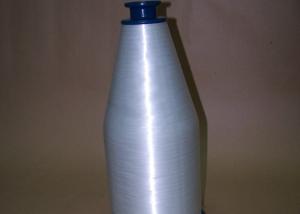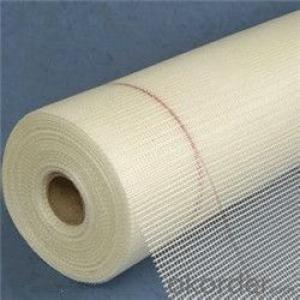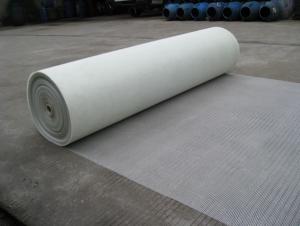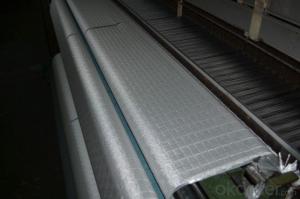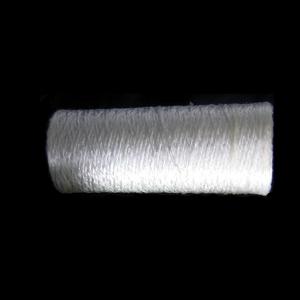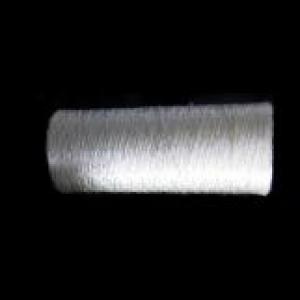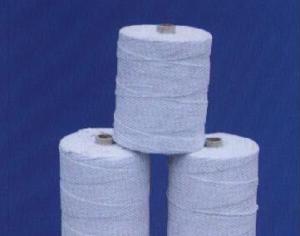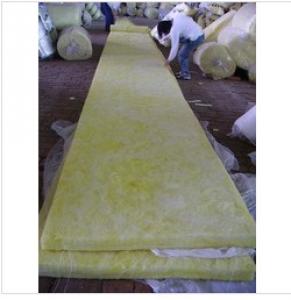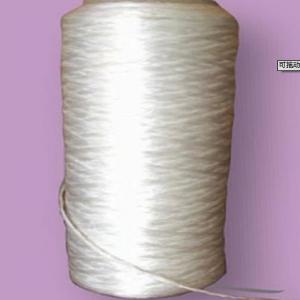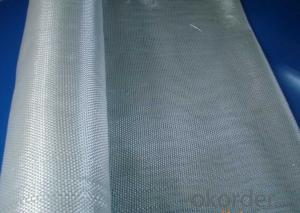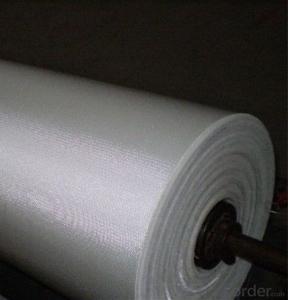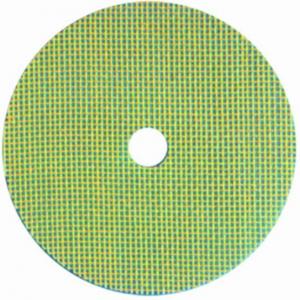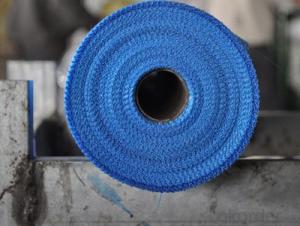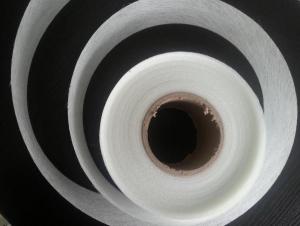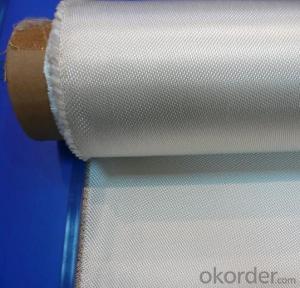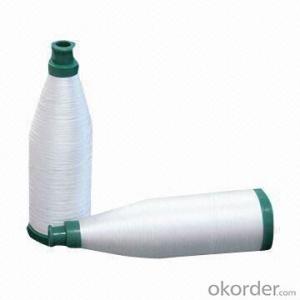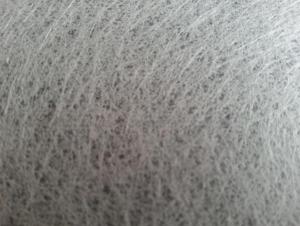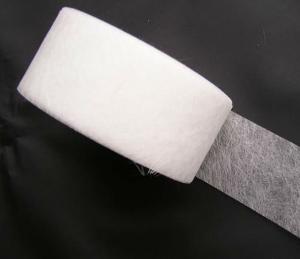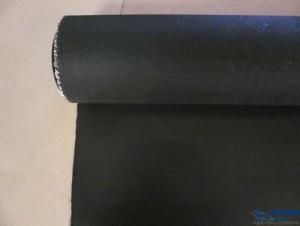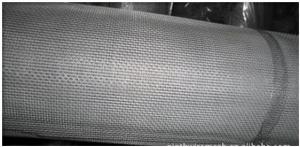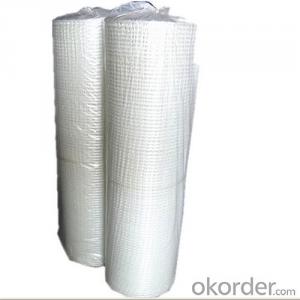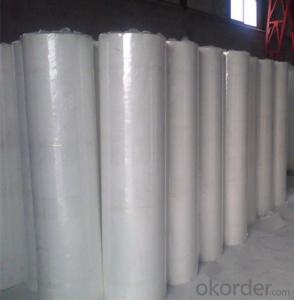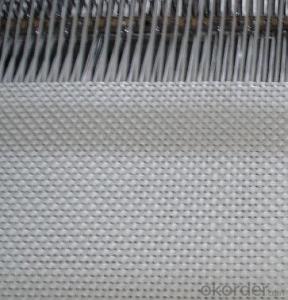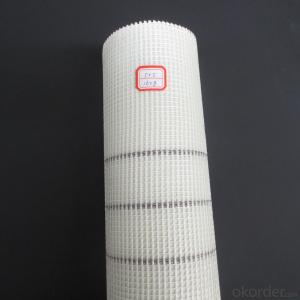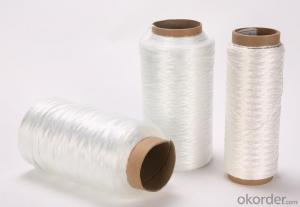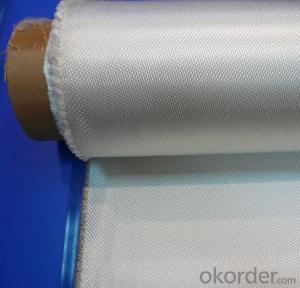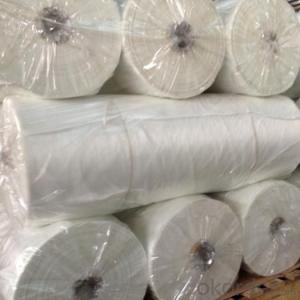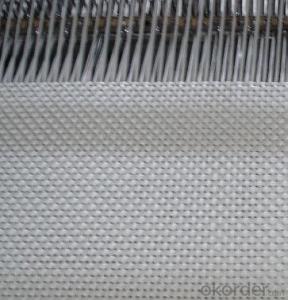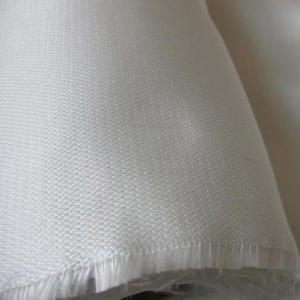Fiberglass Yarn
Fiberglass Yarn Related Searches
Fiberglass Fabric Fiberglass Woven Fibreglass Fabric Fiberglass Woven Fabric Woven Fibreglass Fibrillated Yarn Car Fiberglass Fiberglass Cloth Roll Fiberglass Drywall Fiberglass Thermal Insulation Fabric Yarn Fiberglass Resin Fibreglass Resin Roll Of Fiberglass Cloth Natural Fiber Yarn Resin Fiberglass Fiberglass Roving Fibreglass Wool Insulation Fiberglass Cloth Philippines Fibreglass Mesh Tape Fibreglass Pipes Fiberglass Roof Philippines Fiberglass French Doors Ribbon Yarn Chopped Fiberglass Fiberglass Wall Insulation S Glass Fiberglass Fiberglass Properties Fiber Glass Mat Sewing YarnFiberglass Yarn Supplier & Manufacturer from China
Fiberglass Yarn, a versatile and strong material, is widely used in various industries due to its high tensile strength and resistance to extreme temperatures. This product is made from glass fibers that are spun into yarn, providing a durable and lightweight option for numerous applications. The usage scenarios for Fiberglass Yarn are vast, ranging from construction and automotive to aerospace and marine industries. It is particularly popular in applications where high strength, flexibility, and resistance to chemicals are required. Okorder.com, as a leading wholesale supplier, offers a comprehensive inventory of Fiberglass Yarn to cater to the diverse needs of customers. With a commitment to quality and competitive pricing, Okorder.com ensures that businesses have access to a reliable source for this essential product.Hot Products
